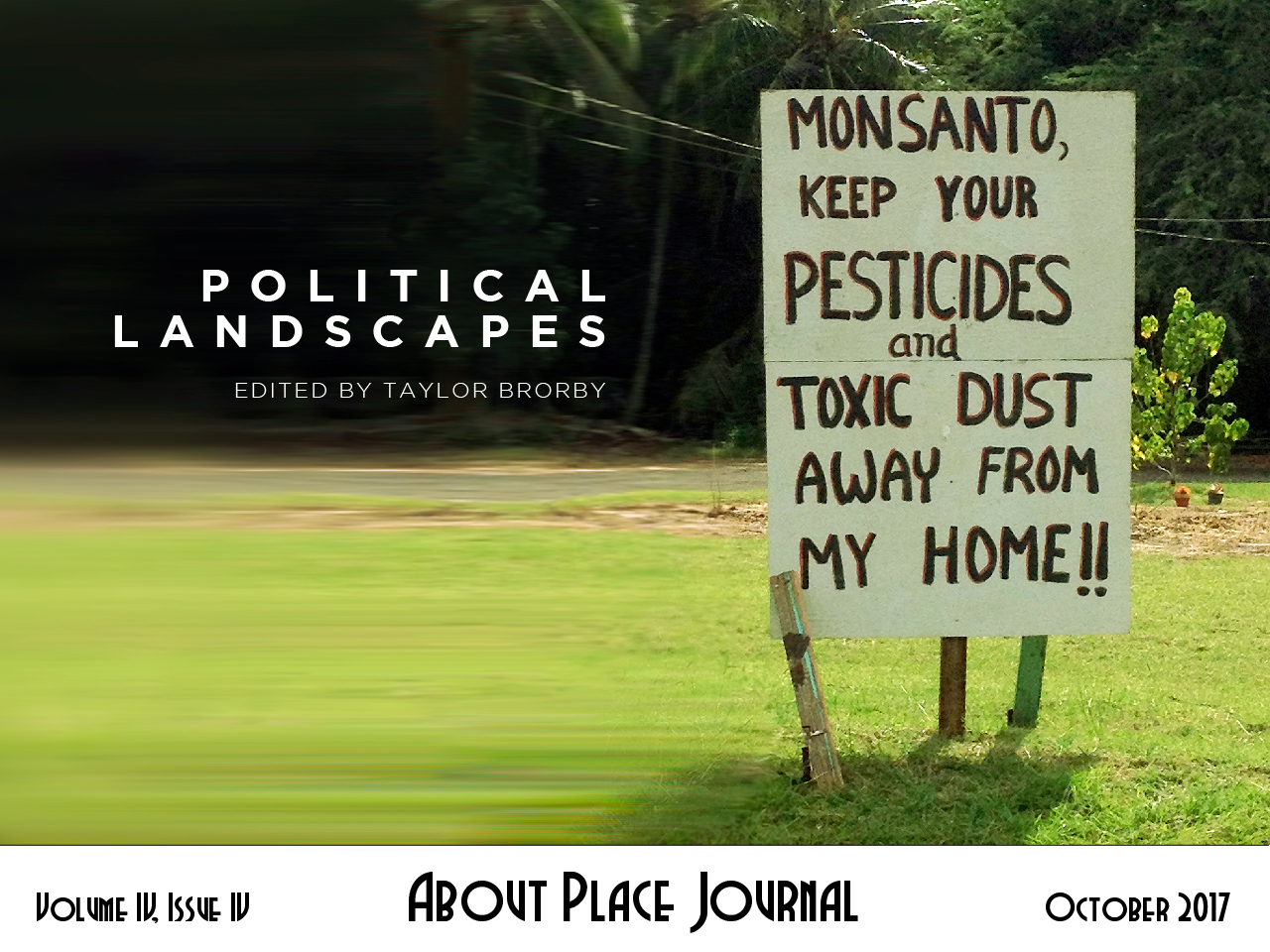120,000 Japanese-Americans during World War II,
two-thirds of them U.S. citizens.
low barns for hogs or chickens, tarpaper
and gray boards drying in the cheatgrass
across a highway from some yellow hills.
Windowless, doorways doorless and open to wind
through every desert season, one hundred degrees
to thirty below. Walls inside are hospital green
punctuated by vandals’ holes in the drywall.
Smell of sparrow nests in the dim rooms,
mouse droppings on spongy plank floors
the relocated wives would have swept
constantly half a century before.
On one stone monument, a plaque
honors men from the camp who fought the Germans
in the 442nd Go For Broke unit,
who liberated prisoners from Dachau
with their own families still in camps at home
because they looked like the enemy.
A Russian olive tree, big enough
it might been alive when the camp was running,
blooms beside a brick smokestack,
honey fragrance filling the wind
the way it would have every June back then.
What memories that smell would call back for survivors
who found their homes and farms were gone,
who watched their loved ones live on with the loss.


